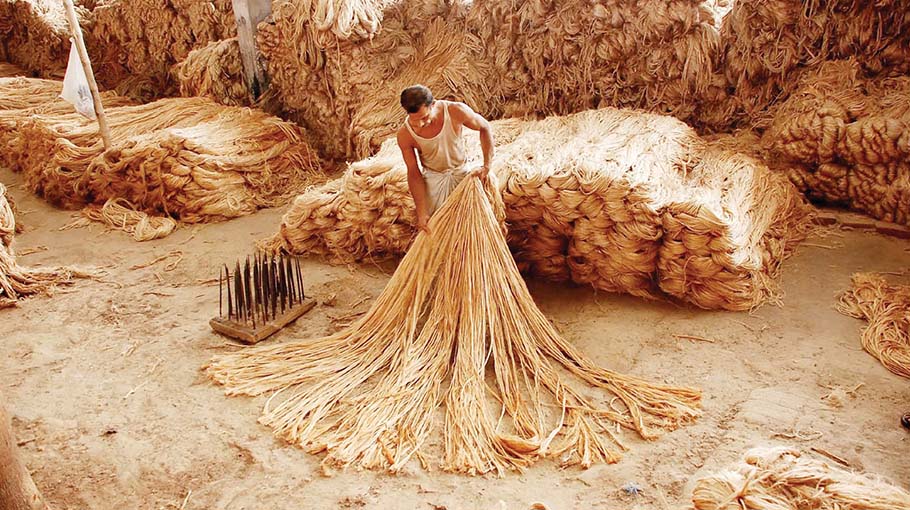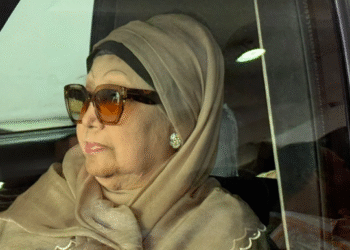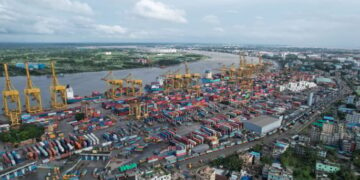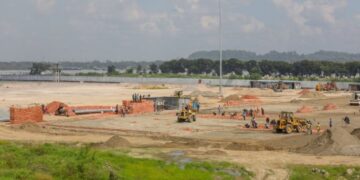In Bangladesh, the price of raw jute has recently increased by nearly 19%. This rise is due to a mix of bad weather that has hurt crop production and the government’s ban on plastic bags. Bangladesh is one of the world’s largest producers of jute, which is a key material used for making products like bags, ropes, and textiles. However, recent weather issues and changes in demand are putting pressure on the jute industry.
Heavy rains and floods have damaged jute fields, reducing the amount of high-quality raw jute available. This has led to a shortage, causing prices to go up. At the same time, the government’s ban on plastic bags has increased demand for jute as a more eco-friendly alternative. More businesses and consumers are turning to jute, which is biodegradable, further driving up prices due to the higher demand and limited supply.
The rise in raw jute prices is creating challenges for industries that rely on it, such as textiles and packaging. As the cost of raw jute goes up, the cost of producing jute-based products also rises, making these goods more expensive. This could reduce the competitiveness of Bangladeshi products in international markets.
Jute is also an important source of income for millions of people in Bangladesh, particularly farmers and workers in jute mills. As prices increase, small producers are struggling to afford raw jute, which may lead to job losses or lower wages in the sector. This could have a negative effect on rural communities that depend on jute farming and processing.
To address these challenges, the government, farmers, and industry leaders must work together. They can invest in better farming techniques, improve jute processing, and find ways to stabilize the supply of raw jute. While the move to ban plastic bags and promote jute is good for the environment, it is important to make sure the rising prices don’t harm the economy or cause job losses.
In conclusion, the rise in raw jute prices shows the need to balance environmental goals with economic realities. By addressing both the supply issues and the increased demand for jute, Bangladesh can continue to grow its jute industry while keeping costs under control.
Source: Business Inspection BD

















